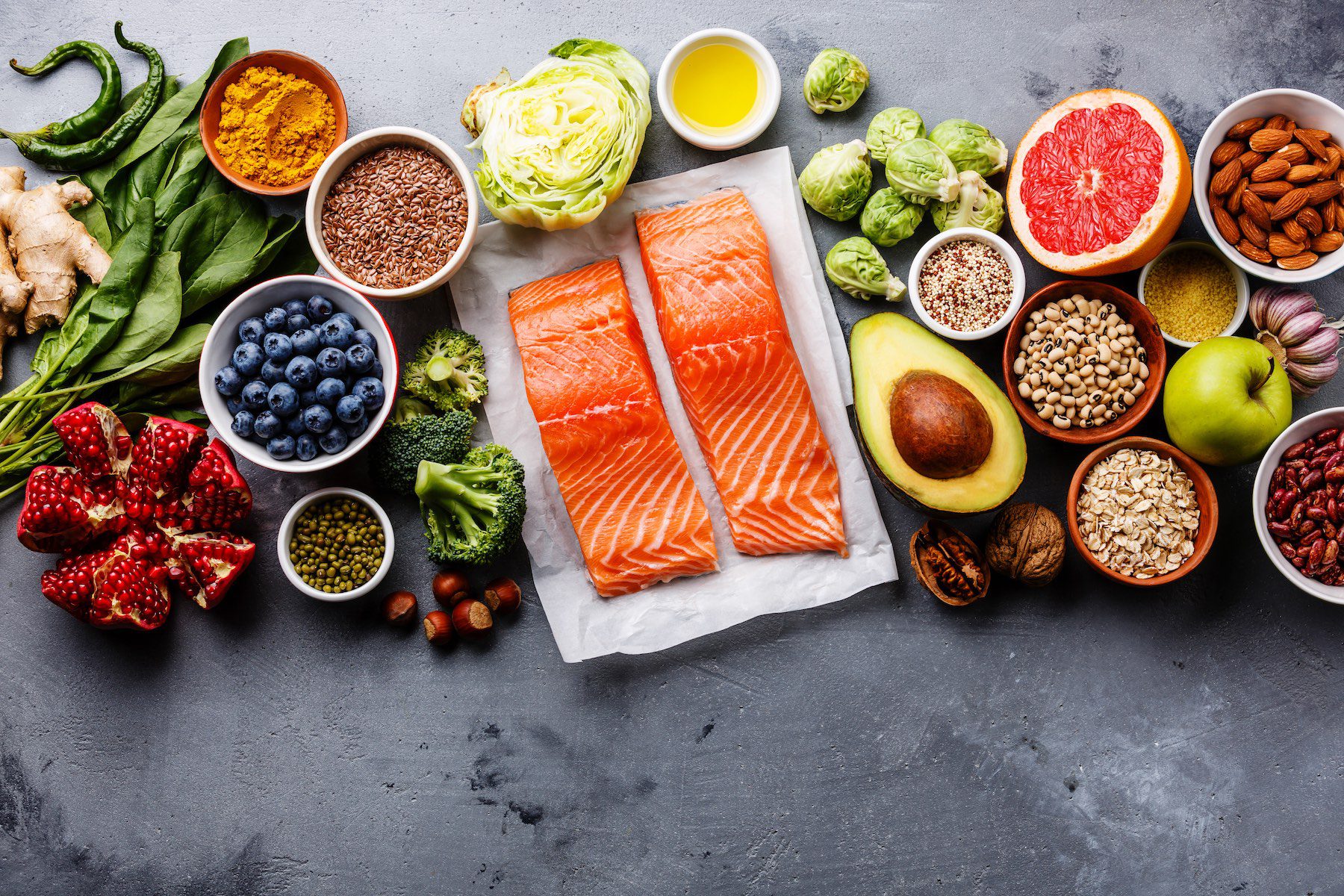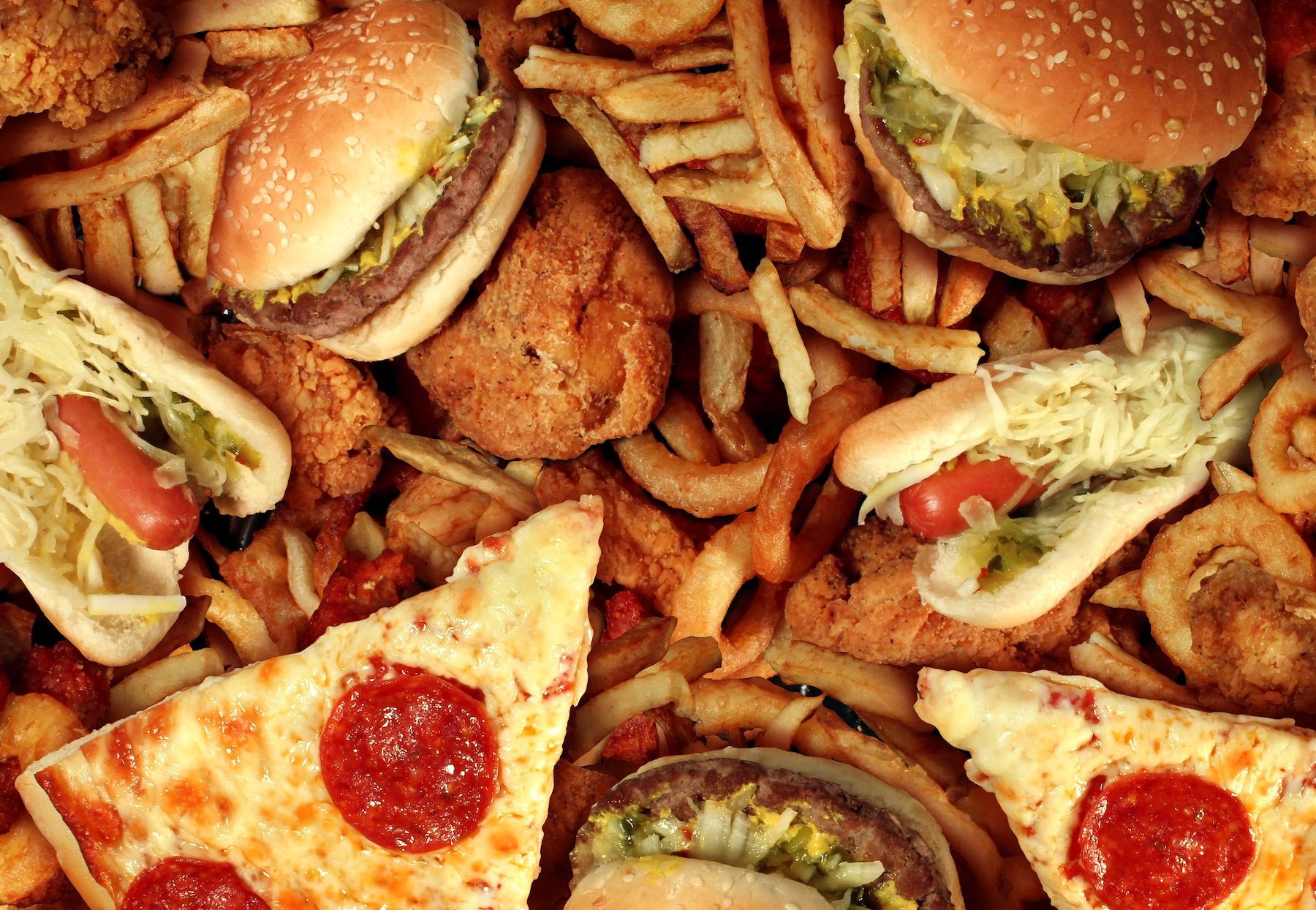This article discusses mental health and mental health disorders. If you require assistance or support, call Lifeline on 13 11 14 (available 24/7). For any emergencies, call 000.
Wondering exactly how nutrition can affect mental health? Well, put simply, food doesn’t just fuel our bodies, it also fuels our minds.
Ensuring you’re eating a diet brimming with whole foods can have a positive impact on your mental well-being.
So let’s dive a little deeper and find out exactly how nutrition can affect mental health and why. And also, what food groups, in particular, have a significant impact.

Table of Contents
Food and your mood
While we recognise multiple factors contribute to mental health and well-being, your diet is undoubtedly one of those. Let’s look at exactly how nutrition can affect mental health…
What we eat has a direct impact on our body’s state of inflammation, brain function and gut microbiome, all of which are all associated with mental health and the risk of developing depressive symptoms.
Eating a balanced diet packed with whole foods provides the brain with key nutrients to ensure it’s functioning at its best.
These nutrients include the likes of omega-3 fats, B vitamins and iron.
But it’s not just our brain that needs nutrients to support a healthy mind, it’s our gut too.
According to the National Library of Medicine, the gut-brain axis (GBA) is a, “bidirectional communication between the central and the enteric nervous system, linking emotional and cognitive [centres] of the brain with peripheral intestinal functions.”
Essentially, our gut and brain ‘talk’ to each other. If one isn’t receiving the nutrients it needs or too much of what it doesn’t need (highly processed foods, for example) and therefore isn’t functioning at its best, the other will likely mirror that and can compromise mental well-being among many other potential effects.
A three-month-long Australian study (SMILES trial) showed the benefits of a Mediterranean diet in treating depression.
The Mediterranean diet includes a diversity of plant-based foods, lean meats and seafood, which promotes a diverse gut microbiome and is characterised by anti-inflammatory nutrients (like the ones we mentioned earlier!) such as omega-3 fatty acids, polyphenols and fibre.
The results showed that the participants who maintained their Mediterranean diet throughout the duration of the study had a greater reduction in their depressive symptoms over the three-month period.

Foods that support mental health
As mentioned, a diet rich in whole foods is a great support for your mental health.
Fruit and vegetables provide us with fibre, which helps promote healthy and beneficial bacteria in our gut which supports our overall health. They’re also, of course, packed with many vitamins, minerals and antioxidants to maintain brain health.
Lean meats, seafood, nuts and legumes act as a building block for a number of our brain chemicals that can influence mood. Oily fish, nuts, seeds and legumes are an especially good source of healthy fats and vitamins that support positive mental health. They’ve also been found to help protect against depression and dementia.
Whole grains are another fibre source that feed the good bacteria in our gut. They’re also a source of healthy fats and carbohydrates, which provide energy to the brain and assist in its function.
Dairy sources like yoghurt, for those who can consume it, contain probiotics which are essential for our gut health, which then as already mentioned, influences our mental health.
Water, and drinking enough of it, prevents dehydration which can affect our brain. When you’re dehydrated, you’ll likely experience headaches, tiredness and lack of concentration, which can affect a person’s overall mood and mental well-being.
Now we’ve looked at the positives of how nutrition can affect mental health, let’s look at how it could negatively impact it…

Foods that can negatively affect mental health
Processed foods are often inflammatory foods. Remember, long-term inflammation in the body through consistently higher intakes of processed foods can negatively affect mood and mental well-being.
Studies have shown that individuals with mental illness often have higher amounts of ultra-processed foods, refined grains, saturated and trans fats and added sugars in their diets. This is paired with a reduced intake of omega-3 fatty acids and prebiotic and probiotic fibres.
Keep in mind this doesn’t mean you can’t ever eat these types of foods, or the minute you eat it, it will automatically hinder your mental health. If you want to enjoy in moderation, you can, so long as you’re mindful of your consumption.
Also, according to Health Direct, if you’re taking prescribed medicine to treat mental health disorders, it’s important to note these foods may interfere:
- Foods containing high levels of tyramine should not be eaten if you have been prescribed a type of antidepressant called a monoamine oxidase inhibitor (MAOI). Foods high in tyramine include: strong/aged cheeses, cured/processed meats, fermented food like sauerkraut and kimchi, alcohol and more. Find a comprehensive list here.
- Grapefruit and grapefruit juice can interfere with many medicines. Check with your health professional if you are taking medication and want to consume grapefruit.
- If you’re taking lithium, changing your salt intake can impact the lithium level in your blood, which could alter your medication efficacy.
For any of the above or any related concerns, always speak to a medical professional.
There is a lot of promising evidence as to how nutrition can affect mental health, as you can see. However, it is important to note that there is currently no established causal effect of dietary inflammation on mental health.

